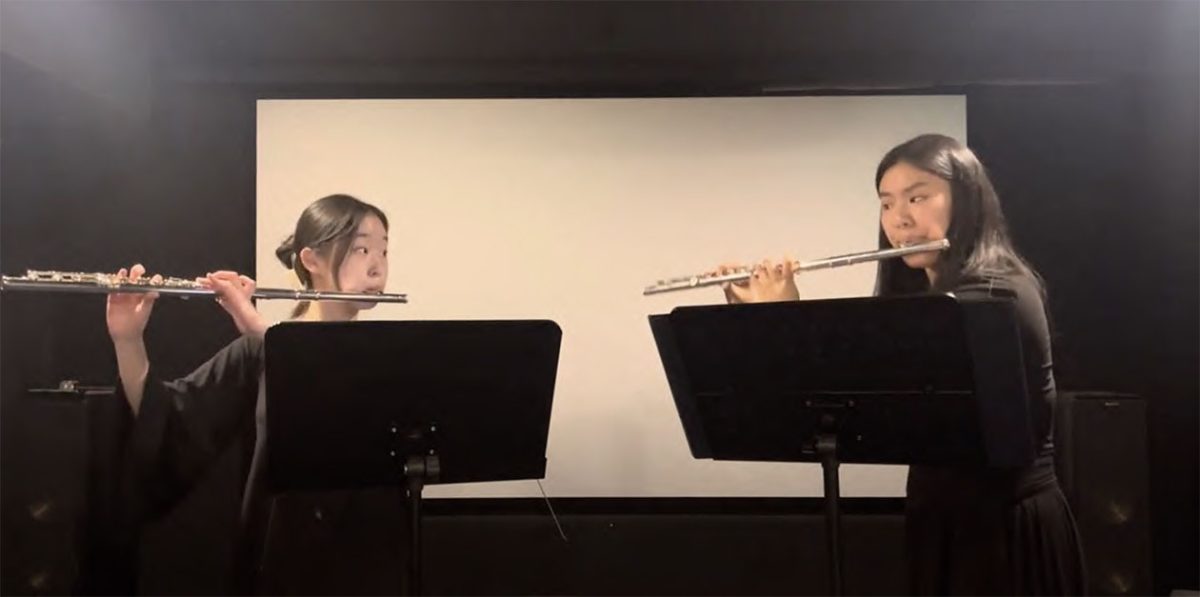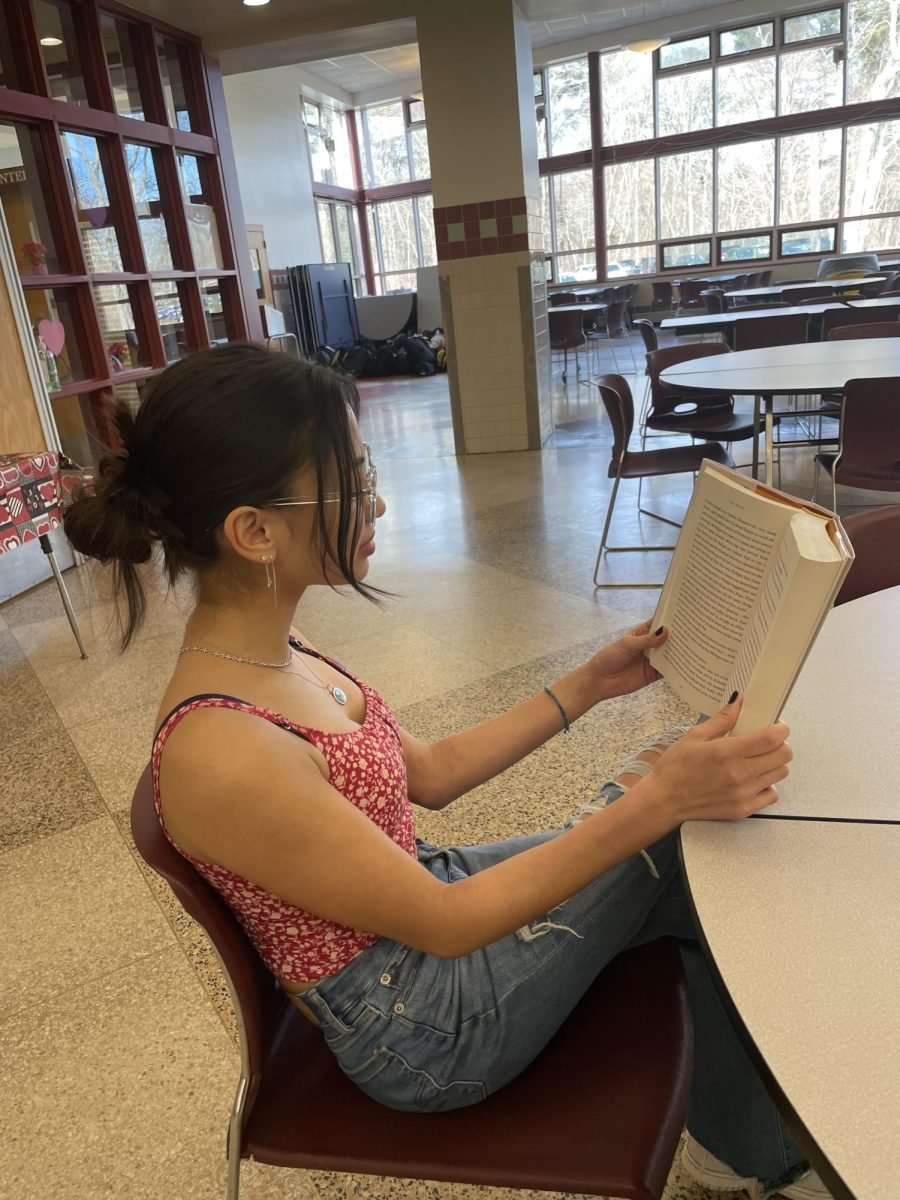Anyone who has seen the movies “Whiplash” or “La La Land” knows that the competitive nature of pursuing the arts in college is undeniable. WHS seniors have defied the odds of this competition by navigating the application and audition process with many successful outcomes.
The competitive aspect of pursuing the arts is a unique experience, best exemplified by its application procedure, which differs from a typical college application. For those hoping to study music, auditions are often vital for evaluative purposes.
“The process for applying as a music major is a bit convoluted. Most schools will ask for prescreening recordings, which are a bit of a ‘first round,’” senior Erin Huang said. “These were due on December 1, and auditions, if invited, generally take place in January through the end of February, so the timeline is obviously a bit different from my other ‘normal’ applications.”
As arbitrary as the “normal” college admission experience can feel, when auditioning is added to the process, that feeling can be even more extreme in the short-term, though in the long run, finding a good fit is possible.
“After my first audition, the professor called my teacher and told him that I sounded good, but she didn’t like my personality and felt that I was too quiet in general. She ended up rejecting me for the same reasons,” Huang said. “Of course, causation is not correlation, but looking back, I only got into the schools where I felt like I had a lot of fun getting to know the professor before and during the auditions.”
For some who went through this rigorous audition process, the challenge was increased by the range of schools and regions where they applied.
“Around January to the end of February, I was flying around to all these different cities like L.A, Pittsburgh, Baltimore, [and] New York City, for auditions,” senior Sanket Vankayalapati said. “It was a lot of fun to meet new people, meet professors, and speedrun different cities in the U.S.”
Similarly, theater arts programs require additional steps for admission.
“[The college] will ask for an optional creative supplement, which is basically to show them what work you have done in the past, so I submitted photos of the ‘Into the Woods’ set I designed and helped build,” said senior Finn Oberg, who hopes to study theater arts in college.
Some students seek to major in the arts while also pursuing academic degrees. Certain educational institutions offer distinctive opportunities for individuals to experience the undergraduate life of being an academic alongside an art degree student.
“I’ll be attending Bard College in the fall and will be in the Bard Conservatory double-degree program,” senior Briar Sutherford-Dufour said. “This particular program allows undergraduate students to earn a musical performance degree while also pursuing a second academic degree; it’s a five-year program, rather than four years.”
Other schools offer a different approach to learning, involving a more open curriculum that can include the arts.
“The college I’m going to [Sarah Lawrence College] technically doesn’t have majors,” said Oberg. “Rather, you take whatever classes you want, and with each class you write a paper connecting the class to whatever you’d like basically.”
Another factor for those interested in studying the arts is the lack of certainty post-college when it comes time to find a first job. Pursuing a dual-degree program can be a solution to that stress.
“I think schools that have a good academic foundation and a music program are so popular because music is very risky to pursue and people would want to have a fallback option,” Vankayalapati said. “Especially for something like classical saxophone where there aren’t as many spots, you don’t have access to orchestras because saxophones aren’t included in orchestras.”
Not all who hope to pursue a career in the arts are as concerned, however.
“A lot of people associate a career in theater as committing to living paycheck to paycheck your whole life when the truth is, yes there’s only a few huge stars and main leads in movies, but those aren’t the only people working in and around the production,” Oberg said. “Guilds [unions] like SAG-AFTRA and IATSE ensure that people get paid fairly.”
Though there are many challenges involved in the audition process, some who undertook it felt it provided them more control over the outcome.
“Your admission, assuming you meet the academic requirements of the school, is solely based on how you play rather than other factors you may or may not be able to control,” senior Eric Wei said. “If you think that you would like to be involved in music after high school, I would highly recommend applying as a music major, as if you practice enough and have good auditions, I think you will see a lot of good results.”
While committing to the arts for college can require additional work during the application process, for students who are ready to make that commitment, the opportunity aligns with lifelong goals.
“I realized that theater isn’t just a hobby for me but a lifelong passion,” said Oberg. “Really the most telling thing is that I would consistently rather spend my weekends in and around a theater space than at the beach or the mall. It’s not hard work for me, it’s just fun.”



